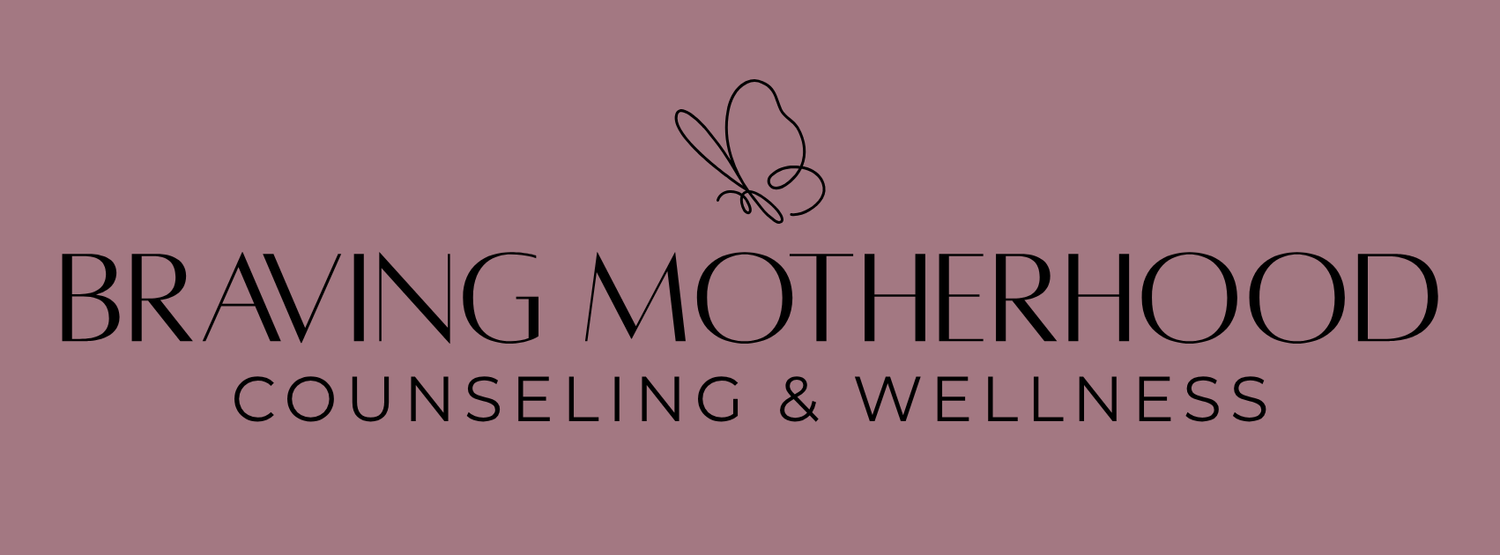Navigating Relationship Changes After Baby: Why It’s Normal and How Therapy Can Help
Welcoming a new baby brings profound joy — and also a profound shift in nearly every aspect of life, especially in relationships. Whether you’re first-time parents or expanding your family, the arrival of a baby can reshape how you and your partner connect, communicate, and support each other.
If you’re finding that your relationship feels strained, different, or harder to navigate after your baby’s arrival, you are far from alone — and it doesn’t mean anything is “wrong” with your relationship. These changes are normal, expected, and treatable — especially with the right kind of support.
Why Do Relationships Change After a Baby?
1. Sleep Deprivation and Exhaustion
Sleep is a cornerstone of emotional regulation, communication, and patience — all things that tend to get tested during the newborn phase. When both parents are exhausted, it’s harder to be your best self, and tension can escalate more quickly.
2. Shift in Roles and Responsibilities
Many couples experience a recalibration of household roles. Whether consciously or not, expectations around who does what — feedings, laundry, working, soothing — can cause friction if they aren’t openly discussed and revisited.
3. Less Time for Each Other
Couples often feel disconnected in the postpartum period because so much energy goes into caring for the baby. Intimacy (both emotional and physical) can take a backseat, which can leave one or both partners feeling lonely or misunderstood.
4. Identity Changes
Becoming a parent can reshape how we see ourselves — and our partners. It’s a major identity shift, and for many, this comes with grief for the “old us,” even amidst the joy of becoming a parent.
You're Not Alone — This Is Normal
It’s important to emphasize: relationship changes after having a baby are incredibly common. Research shows that 67% of couples report a decline in relationship satisfaction in the first three years after their first child is born. This isn't a sign of failure — it's a sign that you're adjusting to one of life’s biggest transitions.
The good news? With awareness and support, couples can not only survive this shift but come out stronger and more connected.Why It Feels So Hard
The transition to parenthood is one of life’s biggest stressors. Hormones, exhaustion, and shifting identities can create tension and misunderstanding. You’re learning to co-parent while still nurturing your couple bond.
At the same time, your relationship might feel less like “us” and more like “teamwork.” It can be confusing to balance being parents with being partners.
How Therapy Supports Your Relationship
Perinatal psychotherapy isn’t just for individuals — it can also be a lifeline for couples navigating the postpartum period. Here’s how therapy can support you both:
1. Improved Communication
Therapy provides a safe space to explore how each partner is feeling, what’s working, and what’s not. Learning how to communicate without blame, shame, or assumptions is one of the biggest relationship tools you can invest in.
2. Navigating Resentment and Expectations
Many couples struggle with unspoken expectations or simmering resentments. Therapy helps uncover these dynamics, so they can be acknowledged, worked through, and healed — before they harden into long-term disconnect.
3. Building a New Partnership Model
You’re not the same people you were before your baby. Therapy can help you build a new model of partnership — one that reflects your evolving needs, roles, and identities as parents.
4. Supporting Individual Well-being
Sometimes, what’s affecting the relationship isn’t just relational. Postpartum depression, anxiety, identity loss, or unresolved trauma can influence how partners connect. Therapy can address both individual and relationship-level struggles simultaneously.
When to Seek Help
If you're experiencing any of the following, therapy can be especially helpful:
Constant arguing or emotional disconnection
Feeling “roommate-like” rather than romantic partners
Difficulty adjusting to new roles
Loss of intimacy or affection
One or both partners feeling overwhelmed, anxious, or depressed
You’re Not Alone
Bringing a new life into the world is extraordinary — and also extraordinarily hard. If you’re feeling the strain in your relationship, it’s not a sign of weakness. It’s a sign that you're human, adjusting to change, and in need of support.
You and your partner can find your way back to each other — and perinatal therapy can help guide that journey.
At Braving Motherhood: Counseling & Wellness, we provide a safe, supportive space for you and your partner—or just you—to explore these changes gently, bravely, and beautifully.
Ready to strengthen your connection?
Contact us for a free consultation and start the journey toward a more connected relationship today.

